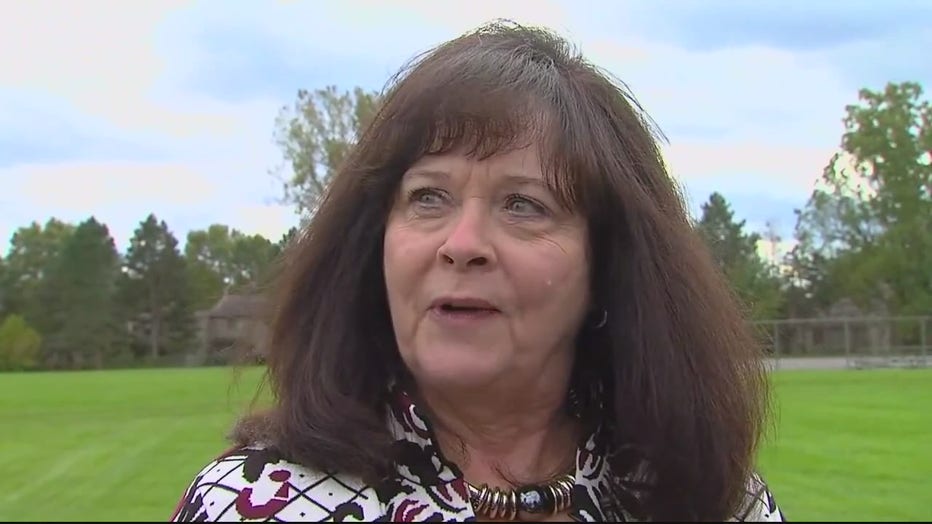A leadership change is underway at the Great Lakes Water Authority - what comes next
DETROIT - The head of the Great Lakes Water Authority is stepping down from her post as director, following reports the water operator was aware of inoperable pumps ahead of a flood event that soaked much of Detroit and Dearborn, ruining basements and highways.
Sue McCormick's departure from the GLWA was accepted by the board on Wednesday, shortly after she sent a letter offering her resignation. The vacancy means a national search will be on for the next director.
Originally not the authority behind water regulation in the region, the GLWA's role has increased in both duty and importance in light of recent storm events that signify a growing intensity around severe weather due to climate change.
How the authority approaches the search for a new position will be pivotal in determining how the utility decides to mitigate future flood events in some of the area's worst-hit neighborhoods.
Concerns about flooding in Detroit are not that different from many other older cities in the Midwest and Northeast. Urban centers with older sewer systems are seeing increasingly common flood events due to aging infrastructure failing under the pressure from severe weather that's happening more frequently.
With so much impervious surface in these cities, the water has nowhere to go but into people's homes after stormwater pipes fail. Residents in Detroit know all too well what happens at that point. Some of the responsibility of managing future flood events will fall on the GWLA.
The water utility serves more than 100 communities in Michigan. It took over the role of managing the region's stormwater after signing a 40-year lease with the Detroit Water and Sewerage Department following Detroit's bankruptcy. It now operates structures like treatment plants and pumping stations.
McCormick had served as the authority's only director since 2015. In that time, she had many accomplishments, the DWSD director said, including updating the utility's bond rating and creating a sustainable assistance program for qualifying households.
"I think she had indicated that she has been leading this way since early June," said director Gary Brown
RELATED: Sue McCormick says she will resign from the GLWA
But not everyone is happy with McCormick. The Macomb County Public Works Commissioner chastised her for not doing enough at the time of flooding this year.
"I was pretty harsh about the whole thing because obviously there was some mismanagement that happened here," said Candice Miller

Sue McCormick
Of the 20 pump stations in the Metro Detroit area operated by the GLWA, only four were working at one point during June's storm. Additionally, the Detroit News has also reported that staff at the GLWA had been made aware of the pump's inoperable status days before the June 25 and 26 flooding.
However, they only notified the board and its director hours before the storms of the pump's status. A third-party contractor had apparently damaged the underground wiring that was providing power to the Freud pump station - which is responsible for pumping water away from the Jefferson Chalmers neighborhood.
RELATED: Residents of Detroit's Jefferson Chalmers neighborhood demand answers after severe flooding
McCormick had argued the pumps could still handle the predicted rainfall. That turned out to be not true when six inches fell on the city.
An investigation into the pump's failure has begun.

